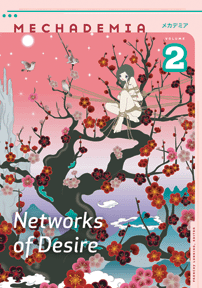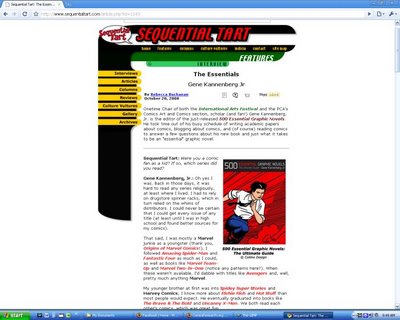Be a Library Intern at Marvel Comics
Marvel Entertainment, Inc. is looking for MLIS students interested in an internship for school credit. Potential candidates must be local to or able to commute to New York City. Interested candidates should apply online:
http://www.marvel.com/company/webinterns.htm?concentration=inventory
Purpose of Position
The purpose of this position is to assist with the inventory, the re-organization, and the cataloging of items in Marvel's library. The Library & Inventory Intern will be responsible for completing inventory of books and mixed media against data in a database and manually cataloging books for which no data exists. Cataloged items will be re-organized in the library according to the standards agreed upon by the Publishing Department and the Archivist. This position requires great attention to detail, superior organizational skills, ability to work independently with little supervision and the ability to lift 30-40 pounds. This internship is within the Publishing Department and is unpaid, but qualifies for school credit.
Responsibilities
1. Complete library inventory and catalog
- Scan UPC codes and match to Oracle data to add quantity to inventory
- Search titles/ISBN for books without UPC codes for a match and add quantity to inventory
- Manually catalog books without pre-existing data
- Weed any material that does not comply with retention standards
- Shelve books according to established standards and record location
Candidates must have the following experience or qualifications:
- Enrollment in a Library Science program
- An interest in cataloging and special collections
- Knowledge of Microsoft Excel and Microsoft Access
- Must be able to work independently with little supervision
- Must be organized, analytical, and reliable
- Must be accurate and able to ensure data integrity
Labels: employment, internships, libraries, Marvel Comics





